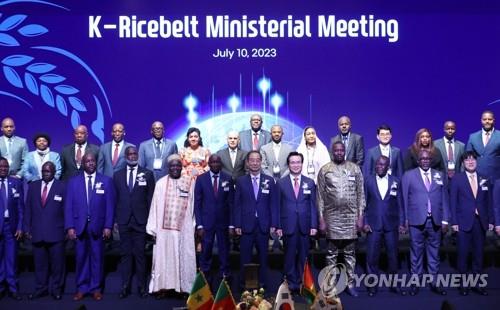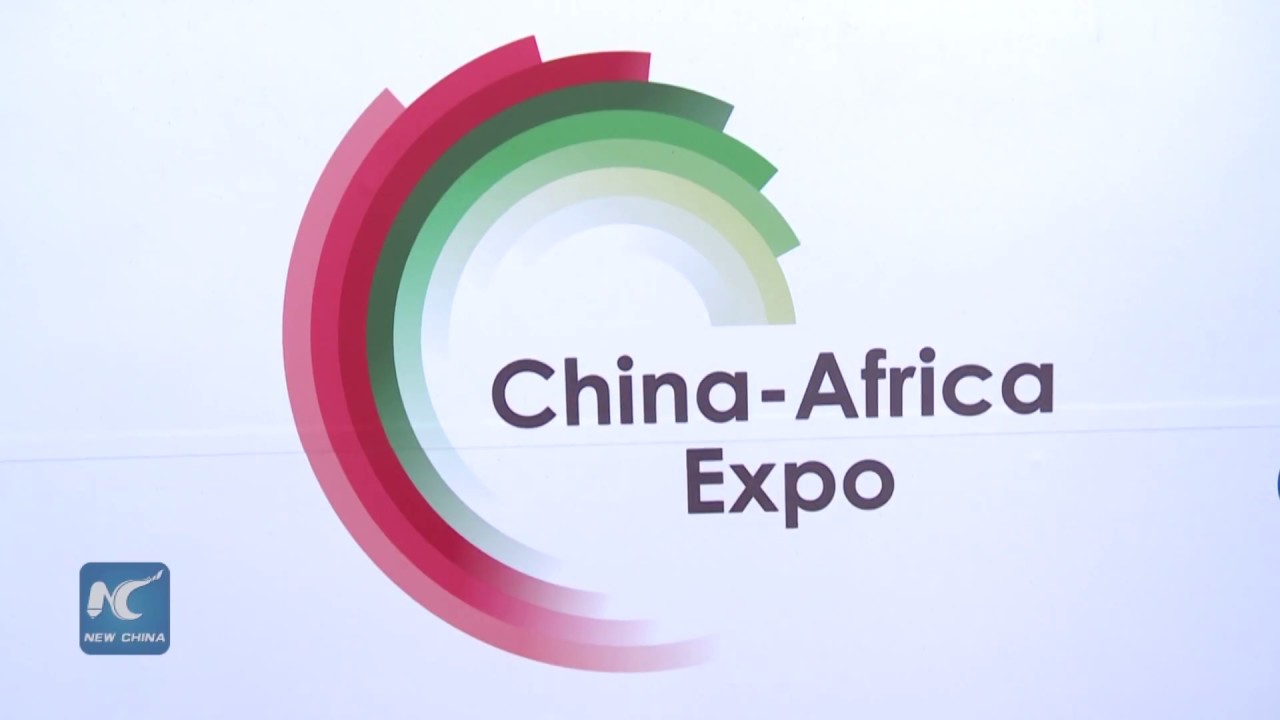Korea has launched on Monday a K-Rice project aiming to provide small farmers in Africa with resilient rice varieties that can withstand adverse climate conditions, ensuring improved yields and food security.
By establishing the so-called “K-Rice Belt” across eight countries in Africa, the Korean government aims to advance current official development assistance (ODA) programs to countries that are struggling with a lack of agricultural infrastructure, compounded by geographical and other limitations unfavorable to growing crops, the Ministry of Agriculture, Food and Rural Affairs has said in a statement.
The project launch ceremony in Seoul was attended by Agriculture Minister Chung Hwang-keun, and ministers of the eight African countries to benefit from the project, namely Senegal, Gambia, Guinea, Ghana, Cameroon, Uganda, Kenya, and Guinea Bissau.
For the implementation of the project, South Korea signed a memorandum of understanding (MOU) with the eight African nations, Yonhap reported.
“We signed an MOU with the respective nation to better meet each nation’s specific needs given unique circumstances and to achieve tangible results. This goes beyond simple food aid as we seek to let them know how to grow crops on their own,” Minister Chung Hwang-keun said during a press briefing.
“This project will not only help resolve the food crisis in Africa but also develop their agriculture industry and the broader economy. It will also help achieve the world’s sustainable development goals by protecting the African continent,” he added, according to Yonhap.
The initiative aims to harvest some 2,000 tons of rice varieties in Africa this year, with the figure rising to over 10,000 tons combined per year starting in 2027, a level enough to feed around 30 million people in the underdeveloped nations annually, the Agriculture Ministry said in its statement.
In 2020, African nations consumed 301.16 million tons of rice but only produced 210.54 million tons amid the lack of necessary infrastructure and technologies and poor crop yields.
South Korea plans to earmark US$80 million for the project by 2027, and it “can further expand the project as more African nations have voiced hope for participating in the project,” according to the agriculture minister.
Under the project, the Asian country will supply high-yield rice varieties and agricultural machines, help Africa build irrigation and other necessary facilities, and share experiences and technologies regarding crop cultivation and distribution.
The World Food Program Korea Office has emphasized the importance of the K-Rice project in empowering small farmers in Africa and addressing the impacts of climate change on agriculture.
The move also coincides with President Yoon Suk Yeol’s commitment to overhaul South Korea’s foreign policy and transform it into a “global pivotal state” that takes a more active part in international affairs.
The visiting African ministers are scheduled to visit rice processing plants, smart farms and farming equipment manufacturing facilities in South Korea this Tuesday.



